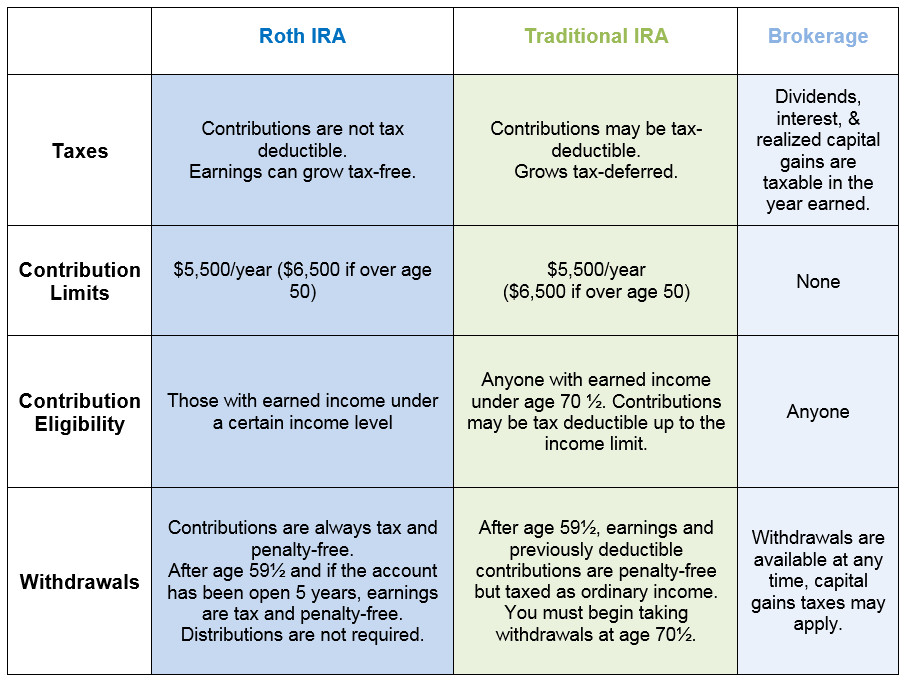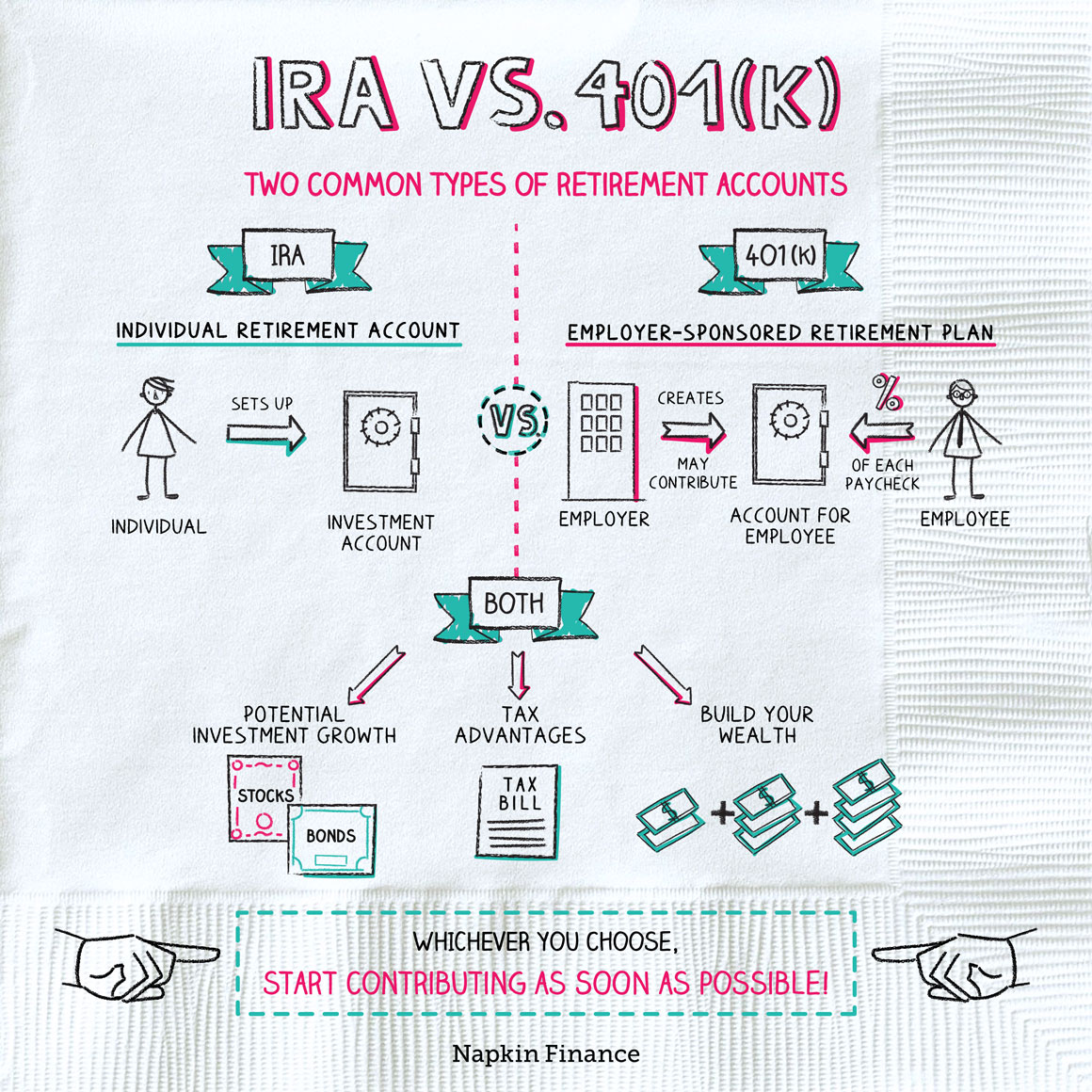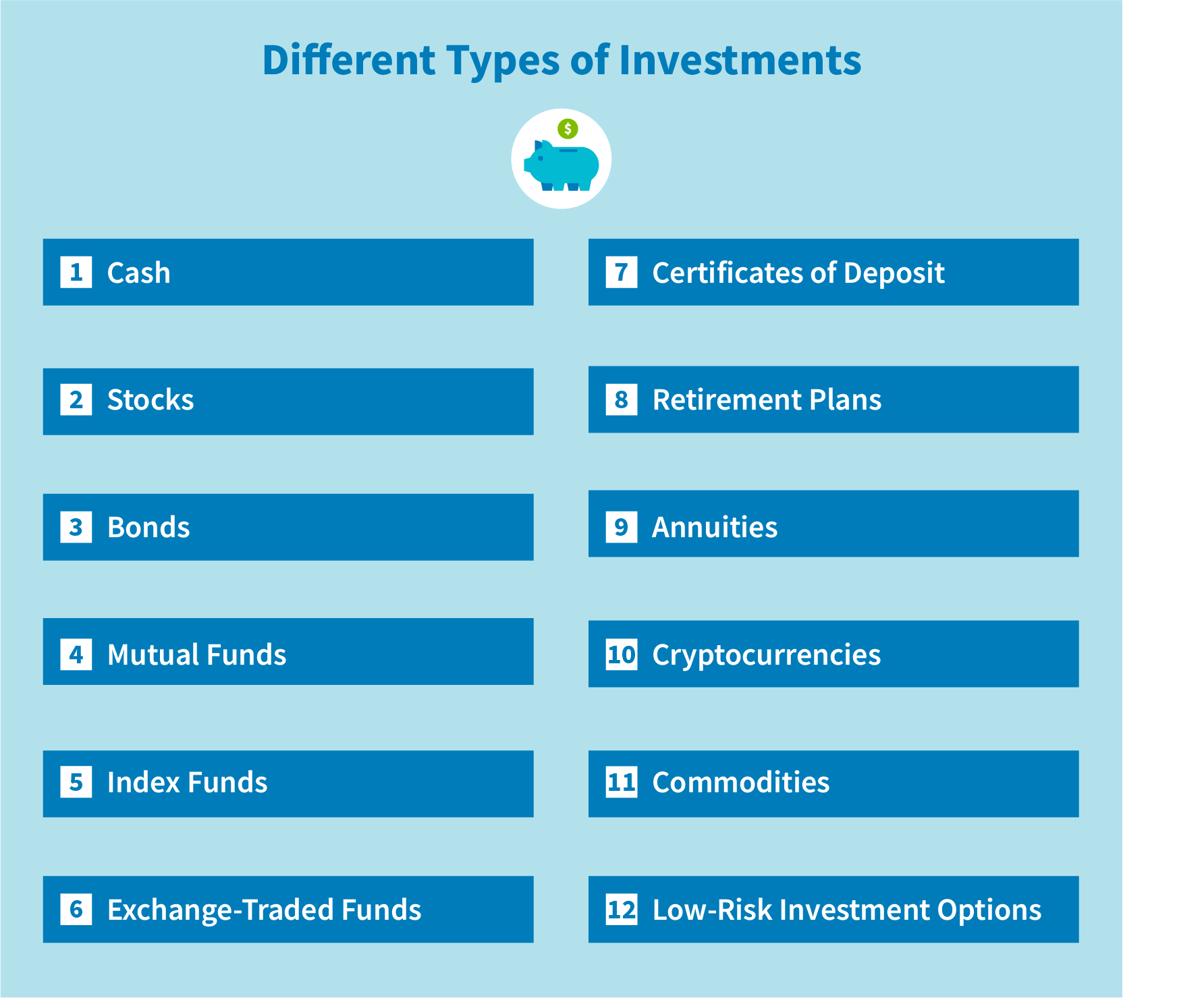Understanding The Different Types Of Investment Accounts
Welcome to the wonderful world of investment accounts! In “Understanding The Different Types Of Investment Accounts,” you’ll delve into the various options available to grow your wealth effectively. From the simplicity of taxable brokerage accounts to the structured benefits of retirement accounts like IRAs and 401(k)s, you’ll gain a clear picture of which accounts might best suit your financial goals. Whether you’re a seasoned investor or just dipping your toes into the investment waters, this concise guide will help you make informed decisions and navigate the landscape of investment opportunities with confidence.
Understanding The Different Types Of Investment Accounts
Have you ever felt overwhelmed by the endless array of investment accounts available to you? Don’t worry; you’re not alone! With so many options out there, figuring out which one suits your financial goals best can be quite challenging. But fret not! By the end of this article, you’ll have a clear understanding of the different types of investment accounts, making it easier for you to make informed decisions. Let’s dive in, shall we?
What Is an Investment Account?
Simply put, an investment account is a type of account designed specifically for investing your money. Unlike regular savings accounts which are primarily for storing funds, investment accounts enable you to buy and sell various types of securities such as stocks, bonds, mutual funds, and more. Depending on your goals, some accounts may offer tax advantages, while others allow for more flexible access to your funds.
Why Should You Open an Investment Account?
Opening an investment account allows your money to potentially grow much faster than it would in a traditional savings account. Over time, this growth can significantly boost your financial health and bring you closer to achieving milestones like buying a home, saving for retirement, or even funding a child’s education.

Different Types of Investment Accounts
There are a variety of investment accounts available, each catering to different needs and preferences. Below, we’ll delve into the most common types you should be aware of:
Retirement Accounts
Retirement accounts are designed to help you save for your golden years. These accounts usually offer tax advantages to incentivize saving. Let’s explore some popular options:
401(k)
A 401(k) plan is an employer-sponsored retirement account that allows you to contribute a percentage of your salary directly to your account, often with matching contributions from your employer.
Key Features:
| Feature | Description |
|---|---|
| Tax-Efficient | Contributions are often tax-deductible. |
| Employer Matches | Employers may match your contributions. |
| Withdrawal Restrictions | Early withdrawals can incur penalties. |
Individual Retirement Account (IRA)
An IRA is your personal retirement account, providing tax advantages to help you save more efficiently.
Types of IRAs:
| Type | Tax Benefits | Income Limits | Withdrawal Rules |
|---|---|---|---|
| Traditional | Contributions may be tax-deductible. | No limits | Penalties before age 59 ½, Required Minimum Distributions (RMDs) starting at age 72. |
| Roth | Withdrawals can be tax-free. | Based on income. | Contributions can be withdrawn anytime, earnings after age 59 ½. |
Education Accounts
These accounts are geared towards saving for education-related expenses and often come with tax benefits.
529 Plans
A 529 plan is a tax-advantaged savings plan designed to encourage saving for future education costs.
Key Features:
| Feature | Description |
|---|---|
| Tax-Free Growth | Earnings grow federally tax-free if used for qualified expenses. |
| Flexible Use | Funds can be used for K-12 tuition and higher education costs. |
| Contribution Limits | High contribution limits compared to other education accounts. |
Coverdell Education Savings Account (ESA)
Another education savings account, the Coverdell ESA comes with its own set of benefits and restrictions.
Key Features:
| Feature | Description |
|---|---|
| Tax-Free Growth | Earnings grow tax-free if used for qualified educational purposes. |
| Contribution Limit | $2,000 per beneficiary per year. |
| Income Limit | Higher income individuals may not be eligible to contribute. |
Brokerage Accounts
Brokerage accounts are general-purpose investment accounts that offer flexibility and variety and can be either taxable or tax-advantaged.
Taxable Brokerage Account
These accounts allow you to buy and sell investments without the same tax advantages as other types of accounts, but they offer the most flexibility.
Key Features:
| Feature | Description |
|---|---|
| No Contribution Limits | Invest as much as you want. |
| Full Withdraw Capability | Withdraw funds at any time without penalties. |
| Taxable Events | Required to pay taxes on dividends, interest, and capital gains. |
Tax-Advantaged Brokerage Account
While relatively rare, some brokerage accounts offer tax advantages, such as Health Savings Accounts (HSAs) when used for investment purposes.

Special-Purpose Investment Accounts
These accounts are designed for specific financial goals or unique situations and often come with their own sets of rules and benefits.
Health Savings Account (HSA)
An HSA is a tax-advantaged account designed to help you save for medical expenses, and it can also be used as an investment vehicle.
Key Features:
| Feature | Description |
|---|---|
| Triple Tax Advantage | Contributions are tax-deductible, growth is tax-free, and withdrawals for medical expenses are tax-free. |
| Maximum Flexibility | Funds roll over year to year and are not “use-it-or-lose-it”. |
| Investment Option | Many plans allow you to invest funds once a minimum balance is reached. |
UGMA/UTMA Accounts
These custodial accounts are designed to hold and protect assets for minors until they reach adulthood.
Key Features:
| Feature | Description |
|---|---|
| Tax Benefits | Earnings are generally taxed at the child’s tax rate. |
| Flexibility of Use | Funds can be used for any expense that benefits the minor. |
| Irrevocable Transfer | Gifts are irrevocable and must be turned over to the child upon reaching adulthood. |

Choosing the Right Investment Account
Selecting the right investment account depends on your financial goals, investment horizon, and tax planning considerations. Here are some steps to help guide you in making your choice.
Assess Your Financial Goals
Before choosing an account, it’s crucial to understand your financial objectives. Are you saving for retirement, a child’s education, or another long-term goal? Identifying your priorities will help streamline your options.
Evaluate Time Horizon
Your investment time horizon significantly impacts the type of account you should choose. If you’re planning to use the funds in the near term, accounts with fewer withdrawal restrictions like brokerage accounts may be ideal. For long-term goals, retirement accounts with compound growth potential could be more suitable.
Consider Tax Implications
Each investment account varies in its tax treatment. Understanding your tax situation can help you maximize your savings. For instance, if you expect to be in a higher tax bracket in retirement, a Roth IRA might be more beneficial than a Traditional IRA.

Conclusion
Understanding the different types of investment accounts can feel like decoding another language, but it doesn’t have to be that way. With the knowledge gained through this article, you’re now better equipped to navigate the myriad of options available. Whether you’re eyeing retirement, saving for your child’s education, or simply looking to grow your wealth more efficiently, there’s likely an investment account that aligns with your goals. So take that first step, and start making informed decisions today!
Do you have any questions or need further clarification? Feel free to reach out or share your thoughts in the comments. Happy investing!

